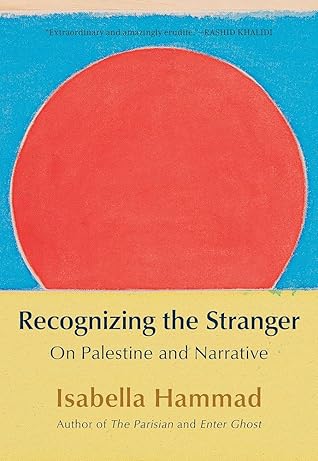More on this book
Community
Kindle Notes & Highlights
Read between
May 18 - May 19, 2025
Novels reflect the perpetuation of a human impulse to use and experience narrative form as a way of making sense of the world.
To recognize something is, then, to perceive clearly what on some level you have known all along, but that perhaps you did not want to know.
We are at a moment when elementary democratic values the world over have eroded and in some places almost completely disappeared.
The historically international significance of the Palestinian cause, first as a pan-Arab issue in the mid-twentieth century and later as an internationalist leftist one, has changed. Increased normalization with Israel by Arab states is a symptom of the ways Palestine has been abandoned in the region. The question of Palestine, couched often in the question of antisemitism, has torn up political debate in the UK, and while increasing numbers in the Democratic establishment in the United States openly express support and solidarity for the Palestinian cause and condemn the Israeli regime,
...more
Individual moments of recognition are repeatedly overwhelmed by the energy of a political establishment that tells the onlooker: this is not what it looks like. It is too complicated to understand. Look away.
The idea that Jewish Israelis at large might be persuaded through dialogue to see Palestinians as human is also absurd, given that Israelis live in a militarized society in which dissent is punished.
It’s one thing to see shifts on an individual level, but quite another to see them on an institutional or governmental one. To induce a person’s change of heart is different from challenging the tremendous force of collective denial.


